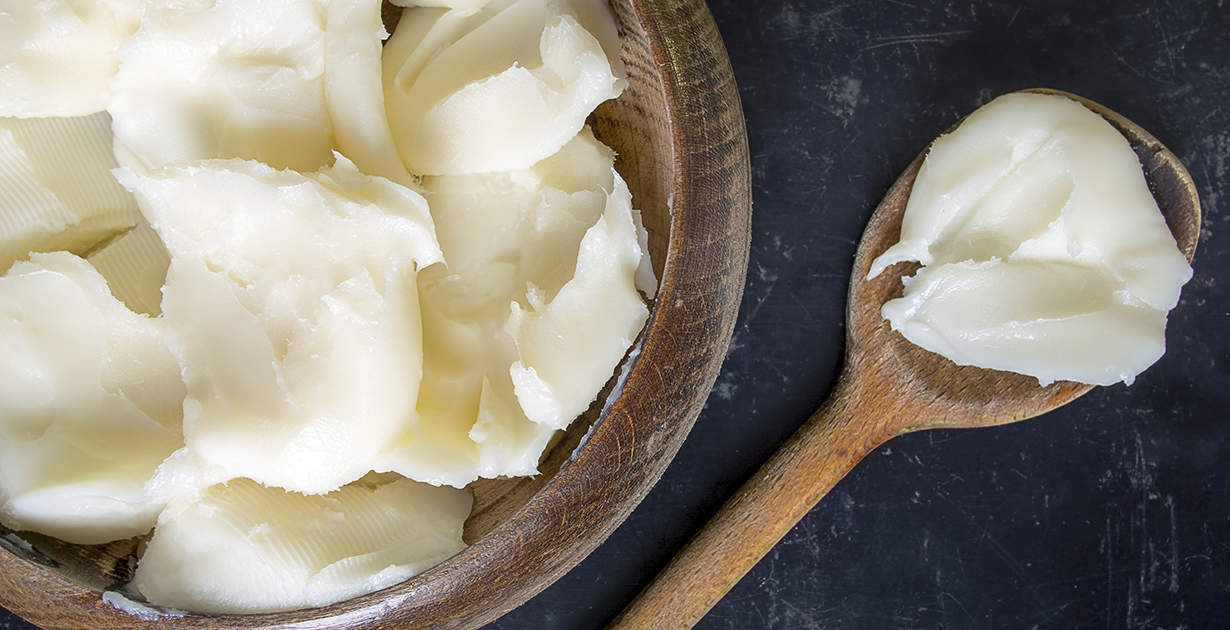In today’s evolving culinary landscape, many are seeking out healthier and more sustainable alternatives to traditional ingredients. One such ingredient that often comes under scrutiny is palm oil shortening. As concerns about environmental impact and health issues related to palm oil grow, finding a suitable palm oil shortening alternative becomes increasingly important. This article will explore various substitutes for palm oil shortening, including their benefits, uses, and how they can be incorporated into your cooking and baking.
Understanding Palm Oil Shortening
Palm oil shortening is a type of fat used in cooking and baking that is derived from the fruit of the oil palm tree. It is favored for its stability at high temperatures and long shelf life. However, the production of palm oil has been linked to deforestation, loss of biodiversity, and various environmental concerns. Additionally, palm oil is high in saturated fats, which can contribute to heart disease when consumed in excess.
Given these issues, many people are looking for a palm oil shortening alternative that is both environmentally friendly and healthier.
Popular Alternatives to Palm Oil Shortening
1. Coconut Oil
Coconut oil is a popular substitute for palm oil shortening. It is derived from the flesh of coconuts and is known for its rich, tropical flavor. Coconut oil is solid at room temperature, making it a good match for recipes that require a shortening-like texture. It also contains medium-chain triglycerides (MCTs), which are considered to be beneficial fats.
Benefits of Coconut Oil:
- Healthier Fat Profile: Contains MCTs which are metabolized differently from long-chain fatty acids.
- Flavor Profile: Adds a subtle coconut flavor to dishes.
- Sustainability: Often sourced from smaller, more sustainable farms compared to palm oil.
How to Use: Coconut oil can be used as a 1:1 replacement for palm oil shortening in most recipes. Be mindful of its distinct coconut flavor, which might alter the taste of your dish.
2. Butter
Butter, a traditional cooking fat, is another alternative to palm oil shortening. It is derived from cream and provides a rich, creamy texture to baked goods. While butter is high in saturated fat, it is a natural product and does not come with the same environmental concerns as palm oil.
Benefits of Butter:
- Rich Flavor: Adds a delicious, creamy taste to baked goods.
- Natural Product: No artificial additives or processing.
- Versatility: Works well in a variety of recipes.
How to Use: Butter can be used in a 1:1 ratio to replace palm oil shortening. It may slightly alter the texture of your baked goods, making them a bit softer or more tender.
3. Vegetable Shortening
Vegetable shortening, often made from soybean or canola oil, is another common alternative. Unlike palm oil shortening, it is typically free from trans fats and can be a more heart-healthy option.
Benefits of Vegetable Shortening:
- Neutral Flavor: Does not affect the taste of your baked goods.
- Healthier Option: Often free from trans fats.
- Stability: Provides similar texture and stability in recipes.
How to Use: Substitute vegetable shortening in a 1:1 ratio for palm oil shortening. It performs similarly in baking and frying.
4. Avocado Oil
Avocado oil is a lesser-known but highly effective palm oil shortening alternative. It is extracted from the flesh of avocados and is known for its high smoke point and rich, buttery flavor.
Benefits of Avocado Oil:
- Nutrient-Rich: Contains monounsaturated fats, vitamins, and antioxidants.
- High Smoke Point: Ideal for high-temperature cooking.
- Mild Flavor: Does not overpower the taste of dishes.
How to Use: Avocado oil can replace palm oil shortening in a 1:1 ratio. It is particularly suitable for sautéing and baking.
5. Applesauce
For a lower-fat option, applesauce can be used as a substitute for palm oil shortening in baking. It adds moisture and sweetness to recipes, though it does not provide the same fat content or texture.
Benefits of Applesauce:
- Low in Fat: Reduces the overall fat content of your recipe.
- Natural Sweetener: Adds a hint of sweetness.
- Healthier Alternative: Good for those looking to cut down on saturated fat.
How to Use: Replace half of the palm oil shortening in your recipe with applesauce. This may require additional adjustments to achieve the desired texture.
How to Choose the Right Alternative
Selecting the best palm oil shortening alternative depends on your specific needs and preferences. Consider the following factors:
- Flavor: Some substitutes, like coconut oil, will impart a distinct flavor to your dishes.
- Texture: Butter and vegetable shortening will more closely mimic the texture of palm oil shortening.
- Health Benefits: If health is your main concern, opting for options like avocado oil or applesauce may be preferable.
- Environmental Impact: For a more sustainable choice, look for alternatives sourced from responsible and eco-friendly practices.
Conclusion
Finding a suitable palm oil shortening alternative involves understanding the benefits and limitations of each option. Whether you choose coconut oil, butter, vegetable shortening, avocado oil, or applesauce, there are plenty of choices to suit various recipes and dietary needs. By selecting the right substitute, you can enjoy your cooking and baking while making a positive impact on the environment and your health.
4o mini













